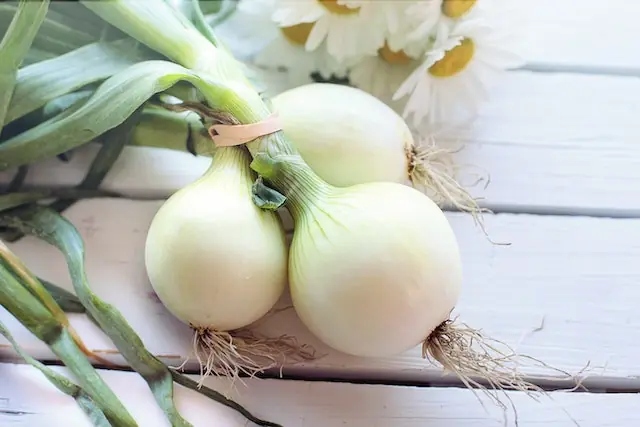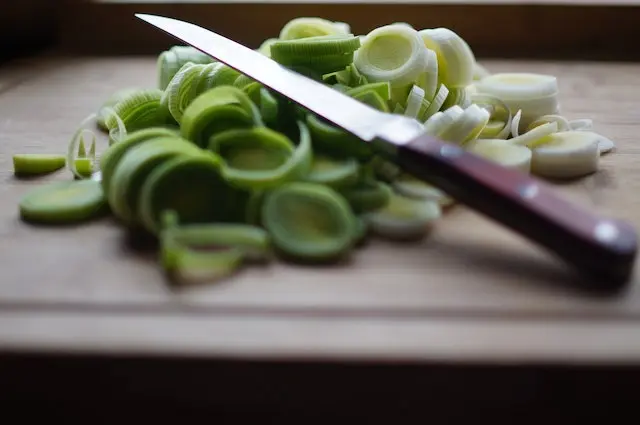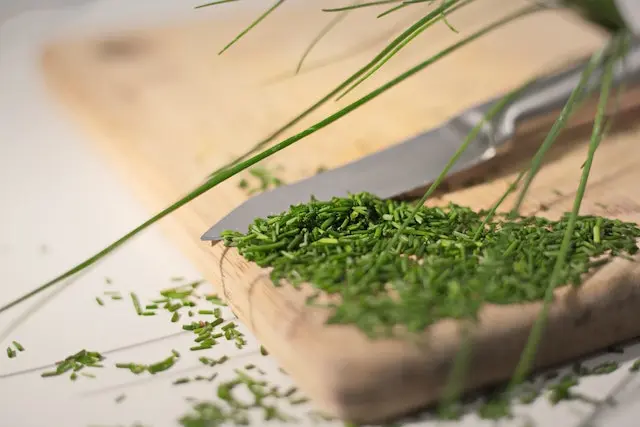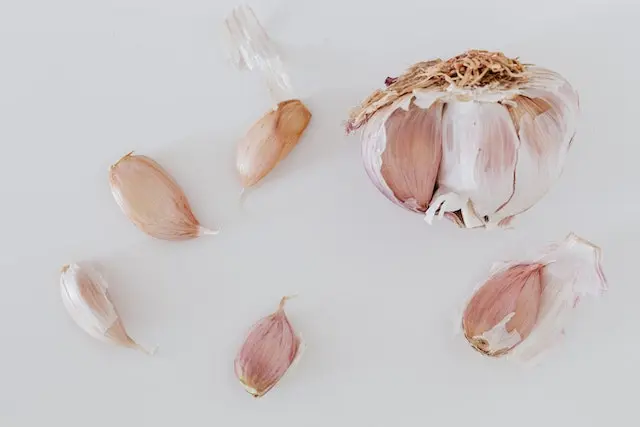Can Dogs Eat Onions. The Answer Is No And We Take An In-depth Look At The Dangers
- We Walk Woofs

- Aug 14, 2023
- 5 min read
Updated: Sep 21, 2023
Can dogs eat onions? No, dogs should never be given onions to eat as onions, garlic, leeks and chives are toxic for dogs and could cause a range of health problems from mild to severe.

Overview
Onions, garlic, and leeks come from a group of plants known as alliums, all of which are toxic for dogs and cats. The allium family contains toxins called thiosulfinates and disulfides which are dangerous for dogs and can cause damage to their red blood cells, causing something known as hemolytic anaemia.
If dogs do eat garlic or onions, symptoms of toxicity include vomiting and stomach upset, diarrhoea, panting and a reduction in appetite.
If your dog happens to consume onions, garlic or leeks or any food containing them, it is imperative that you contact your vet as soon as possible in order to counter any symptoms.
Thankfully most dogs usually make a full recovery once treated.
Table Of Contents
Our guide to Rabbit Ears for dogs
1. Can dogs eat onions?
2. Which parts of an onion are toxic?
3. Which specific compounds are dangerous?
4. Symptoms of onion toxicity in dogs
5. Treating onion toxicity in dogs
6. Long term outlook
7. Can dogs eat onions - Conclusion
Pros
✅ None as onions are highly toxic for dogs
Cons
❌ Can cause mild to severe illness
❌ Can have detrimental effects on red blood cells
❌ In worst cases can cause collapse
Can dogs eat onions, leeks or garlic?

Dogs should not be given the opportunity to eat onions, garlic or leeks because all of them are members of a family of plants known as alliums, all of which contain compounds that are toxic to dogs.
Garlic, chives and leeks despite not resembling onions are in fact also alliums and because of this all parts of these plants are dangerous to dogs, even when used as an ingredient and cooked.
All of the allium family can contain toxins called disulfides and thiosulfinates that cause oxidative damage to your dog’s red blood cells as they attach themselves to the oxygen molecules in the blood cells and reduce the amount of oxygen that the cells can transport. The compound also fools your dog’s immune system into thinking that the blood cell is now an invader and because of this the immune system destroys the cells in a process known as hemolysis, resulting in hemolytic anaemia in dogs.
Some dogs can be considerably more sensitive to the toxins found in the allium family than others and reactions can range from mild to severe. Because of this unknown it is essential to ensure that your dog does not have the opportunity to consume onions.
It is important to remember that onions and garlic can be found in many pre prepared foods that you may not think would contain onion so always err on the side of caution and check ingredient lists and packaging.
An important point to remember is that onion and garlic powders are found as ingredients in a huge range of products and in their dried form can be even more potent than fresh onions and garlic. For those pet owners with both cats and dogs in the house please note that onions, garlic and both forms of powders are even more toxic to cats than they are to dogs, so it’s even more important to exercise care when treating your cat.
What Parts of Onions are Toxic to Dogs?
All parts of the onion, garlic and leek plant are toxic to dogs, including the bulb, the leaves, the juice or pulp and especially the dried and processed powders. Whether cooked, raw, fried, dried or as an ingredient in any dish, all members of the allium family including onions, garlic, leeks and chives are toxic for dogs.
Which specific compounds in onions and garlic are toxic for dogs and why?
The plants of the allium family that are commonly involved in toxic poisoning in dogs (and cats) are Allium cepa (onions), Allium sativum (garlic), Allium porrum (leeks), and Allium schoenoprasum (chives). These plants contain a range of organosulfides which when cut, chewed or otherwise broken down converts the organosulfides into a toxic and complex mix of sulfur containing compounds that are the cause of toxicity and responsible for the damage to the membranes of the red blood cells that results in hemolytic anemia.
Symptoms of Onion Toxicity in Dogs
If your pet has eaten onion or garlic without you realising, symptoms in your dog can appear quickly, or can sometimes take several days to become apparent depending on how sensitive your dog is to the toxic substances.
Signs of onion poisoning and toxicity in dogs include the following:
Lethargy
Vomiting
Pale gums
Diarrhoea,
Excessive salivation
Rapid heart rate,
Panting
Hiding away
Lack of coordination
In severe cases weakness and collapse.
Not all dogs will exhibit all symptoms and the signs may be subtle to begin with and to make diagnosis harder, many dogs are good at hiding the fact that they are sick. If you suspect that your dog has eaten onion or garlic it is important that you get them examined by your vet as soon as is practical.
If caught early and treated aggressively then pets can be treated with no long-lasting effects after eating onions and garlic. Unfortunately, it can be hard to catch early, and in those cases, even with aggressive treatment, it can be too late to cure. Early treatment is key to the treatments of this toxicity. This toxicity unfortunately can lead to death or life long health issues in some cases.
How Do You Treat Onion Toxicity in Dogs
If your dog has recently eaten onion or garlic your vet may give your dog drugs to induce vomiting and may also give activated charcoal tablets which help to reduce the absorption of the onion or garlic still in the gastrointestinal tract. Your vet will continue to monitor your dog for signs of onion induced anaemia over the next couple of days and may recommend that your dog is fed a simple diet that is low in oxidants. If your dog has eaten a large amount of onion your vet may recommend keeping your dog in the vets for a number of days for monitoring and observation. Very poorly dogs could need oxygen supplementation to counter the reduced circulation and oxygen carrying capability of the red blood cells and in severe cases, a blood transfusion could be recommended in order to help your dog until their bone marrow heals and is able to generate enough new, healthy red blood cells again.
Long term outlook for dogs that have eaten onions
Although onion toxicity can be fatal if not treated promptly and if a large amount of onions have been consumed in the majority of cases most dogs make a full recovery with no ongoing health issues. The faster that you get your dog to a vet for treatment and monitoring, the better your dog’s chance of making a problem free recovery.
In all cases prevention is better than cure and it is important that you never feed your dog onions or garlic or feed them treats that contain them.
Conclusion
In conclusion, it is crucial that dogs should never be fed onions or any related foods from the Allium family or any foods that contain onions, garlic, leek or chives as they can be toxic and potentially harmful to our canine companions. The compounds found in onions and Alliums in general can lead to serious health issues, including hemolytic anemia, which can result in symptoms ranging from vomiting and diarrhea to more severe complications.
To ensure the well-being of your dogs, it's essential for pet owners to be aware of the dangers associated with onions and to avoid including them in their dogs' diets. Instead, opt for safe and appropriate foods that are specifically formulated to meet dogs' nutritional needs and keep them healthy and happy.
Related
Can dogs eat crisps











